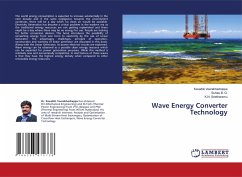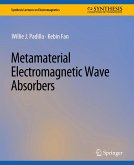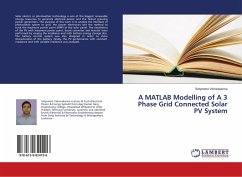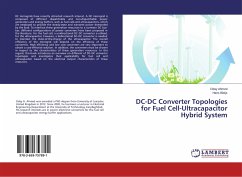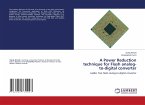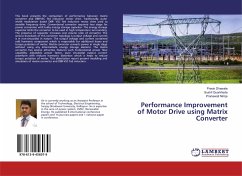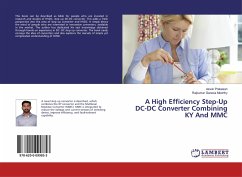The world energy consumption is expected to increase substantially in the next decade and if the same negligence towards the environment continues, there will be a day when no clean air would be available. Electricity Generation has become a critical problem in the modern era as the traditional energy resources are not getting replenished and there might be a day where there may be no energy for use. People are looking for better conversion devices. This book introduces the possibility of converting energy from one form to electricity by the use of Linear Generator. The advantages, challenges, principle of operation, construction and working of linear generator are discussed in this book. Along with the Linear Generator, its power electrical circuits are explained. Wave energy can be observed as a possible clean energy resource which can be exploited for power generation purposes. While this method is relatively new and economically competitive. A vital feature of these waves is that they have the highest energy density when compared to other renewable energy resources.
Bitte wählen Sie Ihr Anliegen aus.
Rechnungen
Retourenschein anfordern
Bestellstatus
Storno

